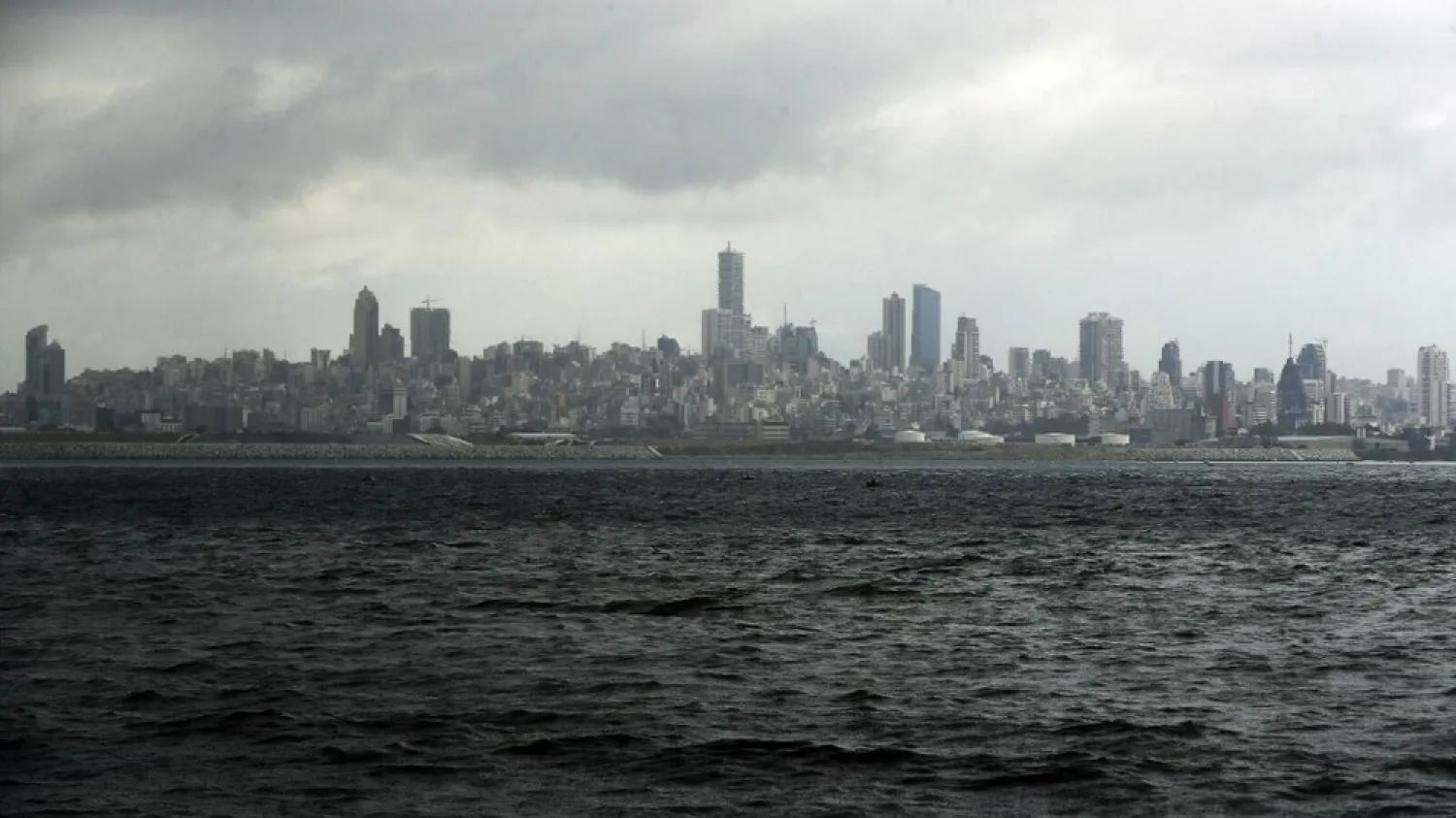Lebanon's Interior Minister Bassam Mawlawi confirmed that he has taken the necessary legal procedures to deport the members of a group that is hostile to Bahrain.
The group had earlier this month held a press conference in Beirut that Manama had condemned.
Last Sunday, Bahrain's Ministry of Foreign Affairs expressed its "deep regret" over and denunciation of Beirut’s hosting of a press conference for "hostile persons designated as supporters and sponsors of terrorism, with the purpose of disseminating and promoting abusive and malicious allegations against the kingdom."
Mawlawi told Al Arabiya television that he had ordered the concerned security agencies to carry out the necessary investigations and provide his ministry with the names of the people who are affiliated with the Wefaq group in Lebanon.
"We decided that the General Security directorate should deport those people in line with out firm convictions and our commitment to the Arab stance and major relations that bind us with the Gulf countries," he added.
Asked about Hezbollah's objection to the deportation, he replied: "The objection of a certain political side does not prevent us from implementing the law or taking the legal measures that are in line with our convictions and Lebanon's interest."









